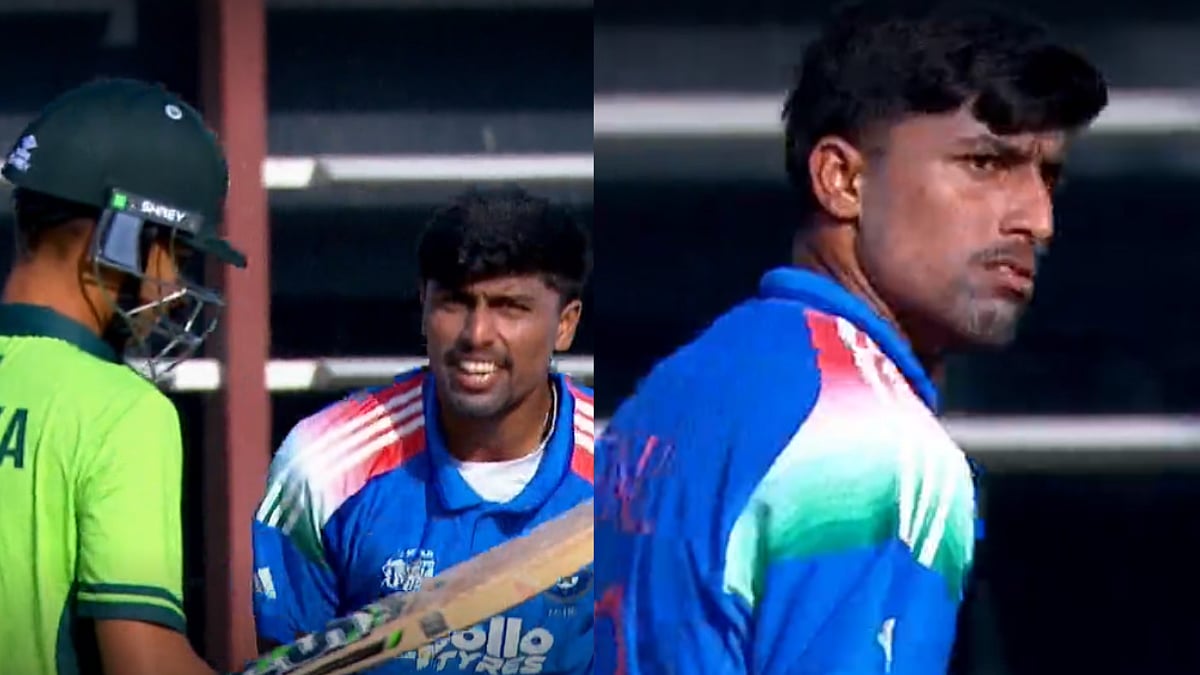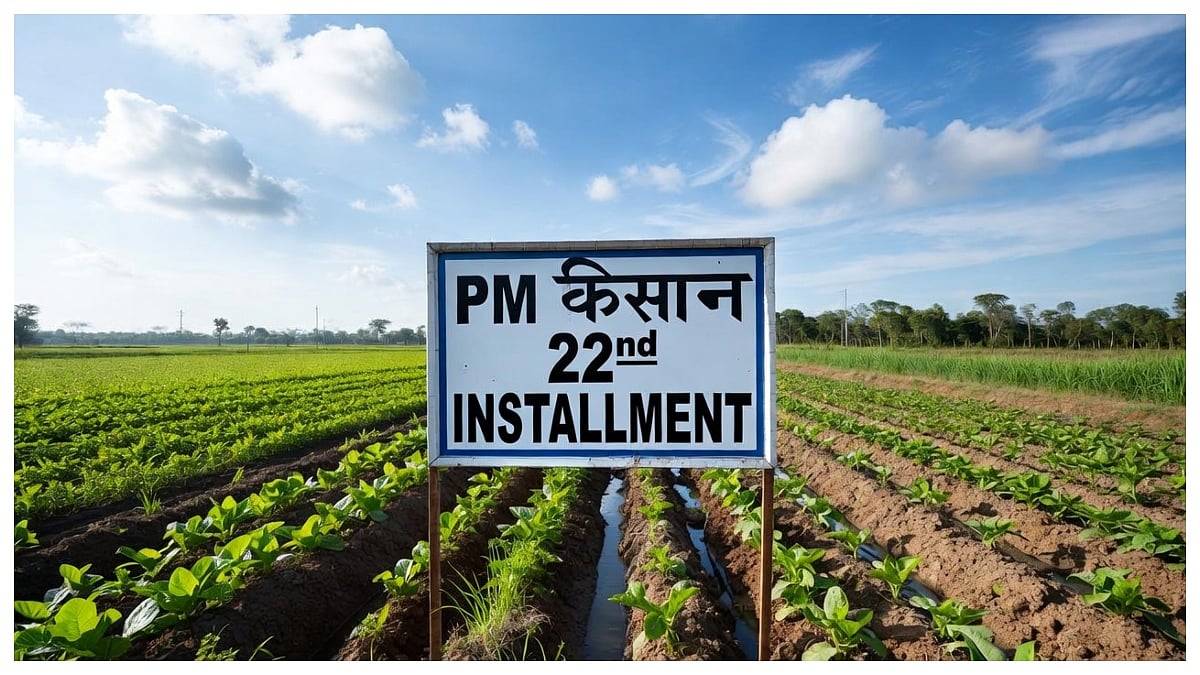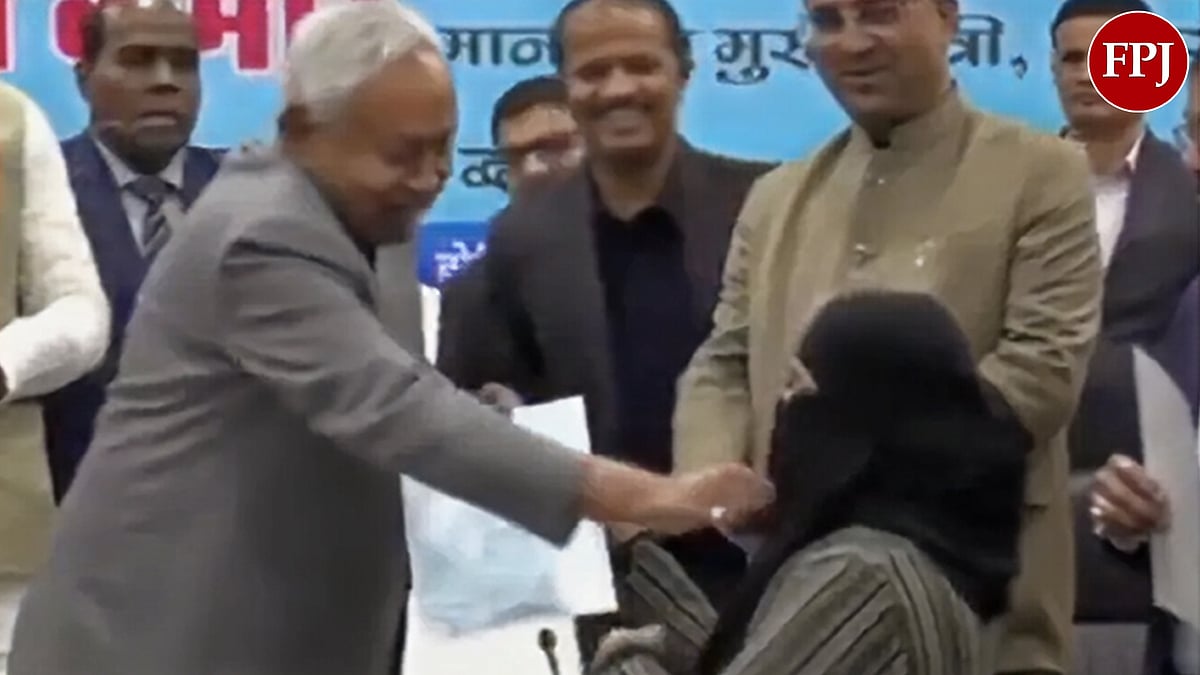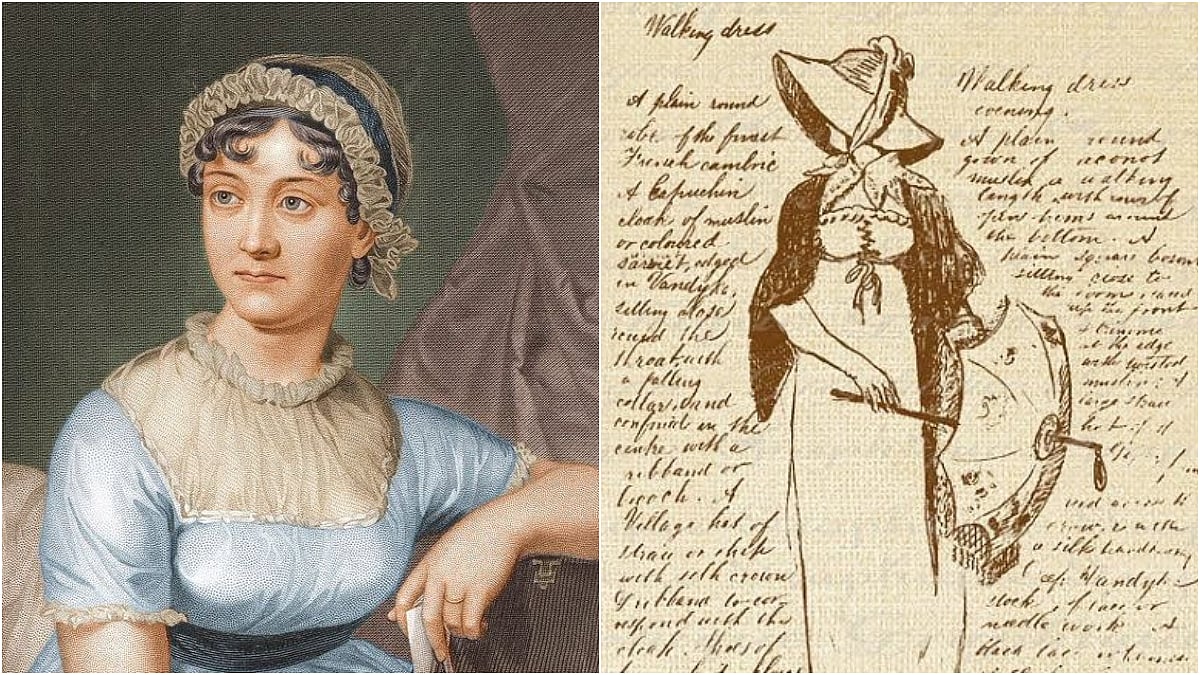In the wake of allegations against Janata Dal Secular MP Prajwal Revanna, the silence from India’s political parties is deafening. The charges of sexual assault transcend political allegiances, demanding a unified stand against such abuses. Yet, the response—or lack thereof—raises unsettling questions. Why did the JDSMPV India support him? Is the central government complicit, or will the Congress-led state government pursue his arrest?
The core issue is the pervasive silence despite the knowledge of Revanna’s alleged misconduct. This tacit complicity is a damning indictment of the political establishment’s willingness to overlook serious allegations for political expediency. It’s a stark reminder that when it comes to holding their own accountable, political institutions often fail, reflecting a broader societal issue where power shields the powerful.
This isn’t just about one individual; it’s about a system that allows such allegations to go unchallenged. As India approaches the 2024 Lok Sabha elections, voters must scrutinize the integrity of their representatives and the parties they support. The Revanna case could be a catalyst for change, prompting a societal reckoning with the entrenched power dynamics that have long shielded political figures from accountability. It’s time for a collective voice to demand justice and transparency, proving that no one is above the law.
The Prajwal Revanna scandal has ignited a fervent debate around India's enduring struggle with dynastic politics, shedding light on the intricate web of power, privilege, and governance. Central to this controversy is the grave allegation of sexual misconduct against Prajwal Revanna, a prominent figure in the Janata Dal (Secular) party and scion of a distinguished political lineage. This case serves as a stark reminder of the challenges posed by political accountability and the susceptibility to abuse within systems where familial connections often dictate authority.
Dynastic politics, a prevalent phenomenon where leadership positions are hereditarily transmitted within a family, has long been ingrained in various societies. The Revanna saga, in this context, prompts critical reflections on the consolidation of power and the mechanisms in place for effective oversight. This scandal has catalyzed a wider discourse on the implications of such entrenched political structures for democratic principles and the sanctity of the rule of law. The Prajwal Revanna case has thrust the issue of dynastic politics in India into the spotlight, revealing the inherent challenges it poses to democratic norms and legal integrity. Dynastic politics, characterized by the perpetuation of political control within a single family across generations, often results in a concentration of power and a governance framework that tends to prioritize familial interests over public welfare.
In the context of Prajwal Revanna, a prominent figure in the Janata Dal (Secular) party and scion of a renowned political dynasty, allegations of sexual misconduct have sparked widespread apprehensions regarding the efficacy of accountability mechanisms within political dynasties and their impact on the political ecosystem. This controversy sheds light on the potential for misuse of authority when political power is intricately intertwined with familial connections.
Furthermore, this unfolding narrative exposes the intricate intersection between politics and gender dynamics. The handling of these allegations epitomizes entrenched societal attitudes towards women and the exploitation of power differentials. It serves as an urgent call to action for comprehensive reforms that ensure political systems prioritize the interests of all citizens, devoid of personal agendas and familial legacies.
It is crucial to highlight that the scandal has ignited a pertinent discourse surrounding the role of political parties in addressing such sensitive issues. The Bharatiya Janata Party (BJP), in alliance with the Janata Dal (Secular), has faced criticism for its handling of the allegations, while the Congress party governing Karnataka has been under scrutiny for its management of the investigative process. This predicament underscores the imperative for political entities to uphold ethical standards and ensure impartiality in dealing with matters of public interest, regardless of partisan affiliations.
The Prajwal Revanna scandal has emerged as a significant catalyst ahead of India's pivotal 2024 Lok Sabha elections. This unfolding controversy carries the potential to exert a profound impact on the electoral dynamics, particularly within the crucial state of Karnataka, which holds strategic importance for both the Bharatiya Janata Party (BJP) and the Janata Dal (Secular) (JD(S)). The allegations leveled against Revanna, a scion of a prominent political dynasty, have thrust the spotlight on the contentious issue of dynastic politics and the attendant challenges it brings to the forefront of public discourse.
The timing of this scandal, coinciding with Karnataka's 14 constituencies heading to polls in the third phase, cannot be overstated in its significance. The BJP's ambitious 'Mission South' agenda and the Congress's bid for resurgence are hanging in the balance, alongside the JD(S)'s struggle to maintain relevance amidst diminishing influence. Revanna's entanglement in allegations of sexual assault, coupled with the ongoing investigation, has not only clouded the JD(S)'s political horizon but has also strained its alliance with the BJP.
In essence, the Prajwal Revanna case transcends individual actions, serving as a mirror to the systemic challenges posed by dynastic politics in India. It underscores the urgent need for structural reforms that prioritize the responsible and ethical exercise of political power, grounded in a commitment to serving the public interest rather than perpetuating family legacies. This case could mark a pivotal juncture in reshaping public perceptions of dynastic politics and charting a more accountable and transparent political landscape in India.
The author, a columnist and research scholar, teaches journalism at St Xavier's College (autonomous), Kolkata. He tweets at @sayantan_gh. Views are personal









